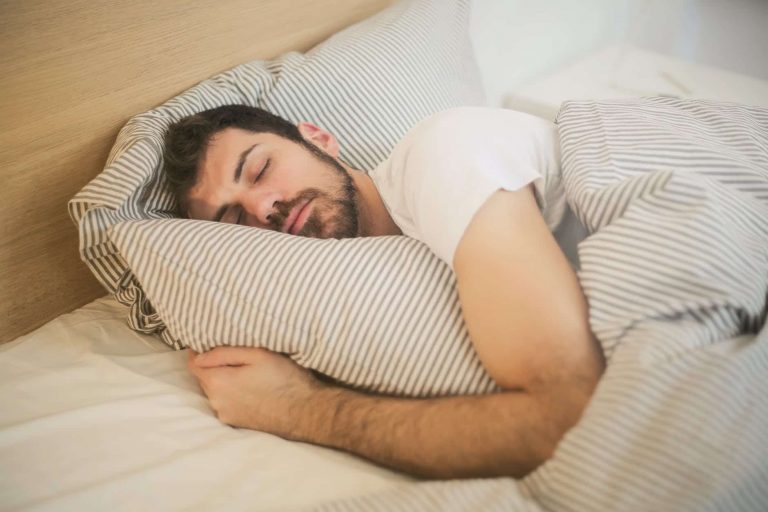Nearly everyone has trouble falling or staying asleep at some point in their lives. But if your problems with sleep are persistent, you likely have a sleep disorder. It’s important to seek help for a sleep disorder right away, as poor sleep is linked to increased risk of hypertension, diabetes, obesity, depression, heart attack and stroke.
What Are the Signs of a Sleep Disorder?
The Center for Disease Control (CDC) estimates that approximately one in three adults doesn’t get the recommended seven hours of sleep per night. Signs and symptoms of insufficient sleep include:
- Taking more than 30 minutes to fall asleep each night
- Irritability and fatigue during the day
- Waking several times during the night
- Being unable to fall back asleep after waking up at night
- Frequent naps during the day
- Falling asleep at inappropriate times
- Waking up too early in the mornings
- Snoring, loud breathing or gasping while you sleep
- Irresistible urge to move your legs when trying to relax for sleep
- Tingling or creepy-crawly sensation in the legs
- Relying on a stimulant to keep you awake during the day
How to Improve Sleep
There’s nothing more frustrating than trying to fall asleep and not being able to. Try these tips to help you fall asleep faster at night:
- Stick to a routine. It’s common for people who work weekdays to go to bed and get up much earlier during the week than on the weekend. However, this can cause trouble falling asleep when it’s time to get some rest. If your work schedule allows, you should strive to go to bed and get up around the same time every day.
- Limit caffeine. Coffee, tea, soda and energy drinks can keep you awake long after your bedtime if you consume too late in the day or drink too much. It takes about six hours for your body to process just half the caffeine in one serving, so be mindful of this next time you get a craving for an afternoon treat.
- Power down devices. Bright sunlight is one of the most important factors for establishing our circadian rhythm. When you use electronic screens, the blue lights can disrupt your sleep, especially close to bedtime. Instead of scrolling, opt to read a book from the Book House of Stuyvesant Plaza, listen to music or meditate for an hour before bed.
For more information or to schedule an appointment with a sleep expert, call Albany ENT & Allergy Services today.
